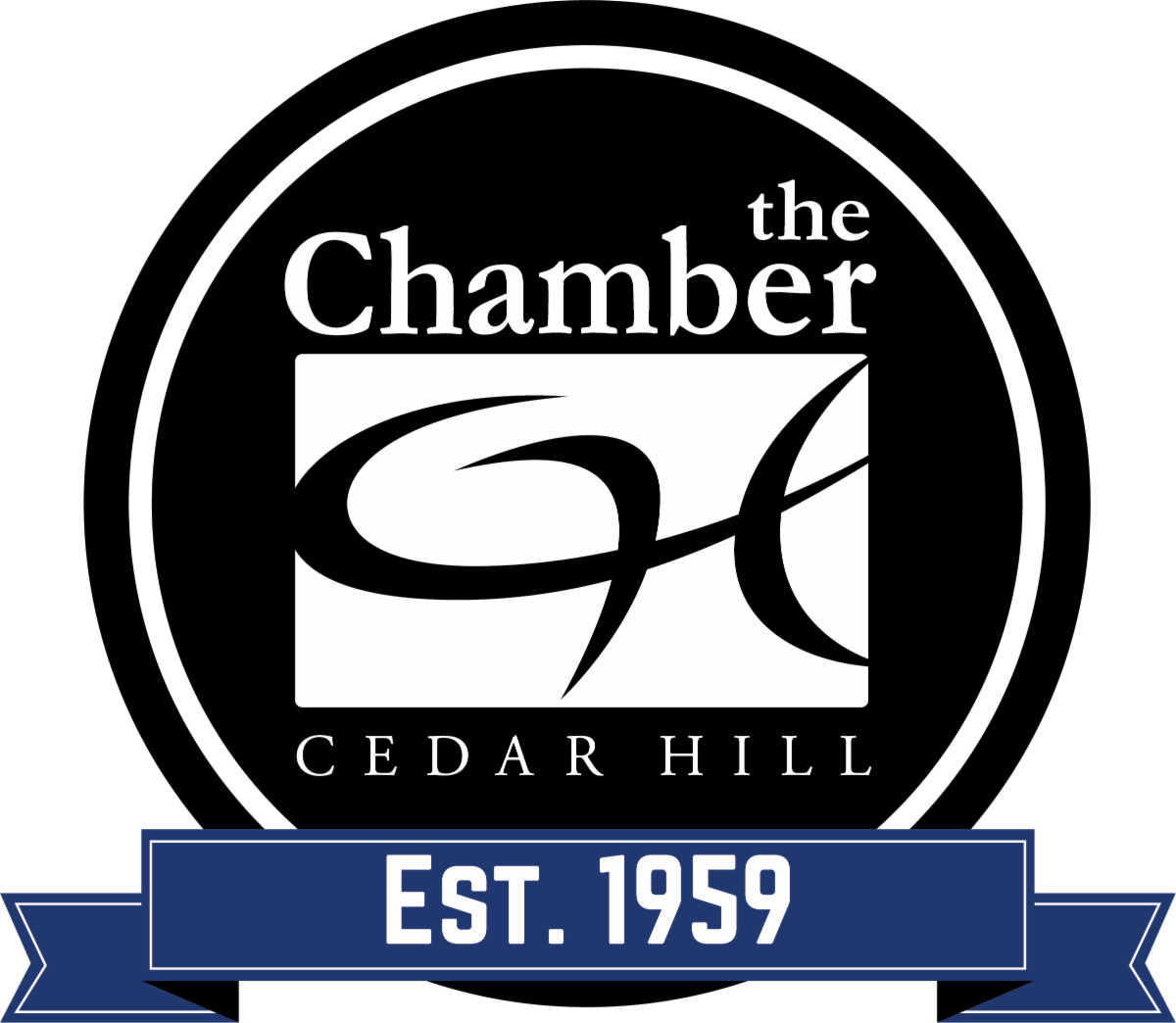-
Learn How to Begin Cutting Startup Costs Without Cutting Corners
Offer Valid: 08/13/2025 - 08/13/2027Launching a startup means balancing ambition with limited resources, and the temptation to slash quality in the name of savings can be strong. Yet the most successful founders know that cost-cutting doesn’t have to mean cutting corners. By approaching expenses strategically, you can preserve quality, protect your reputation, and set the foundation for sustainable growth. This is about finding efficiencies in how you work, not sacrificing the very value you’re trying to create.
Lean Development Practices
The lean startup model emphasizes speed, focus, and continuous improvement. By adopting lean startup methods reduce waste, founders can create a minimum viable product, test it with a select audience, and refine it based on real-world feedback. This prevents investing heavily in features customers don’t actually want. It also encourages smaller, faster iterations that are less expensive to produce and easier to adjust if market conditions change.Strategic Outsourcing
You don’t have to do everything in-house to keep quality high. In fact, partnering with the right external specialists can be a cost advantage. By outsourcing non-core services, startups can focus internal resources on what they do best while leveraging expert providers for secondary needs like IT support, bookkeeping, or specialized marketing. The key is to vet providers carefully and create clear contracts that protect your standards.Remote Work to Save Overhead
Office space, utilities, and in-person perks can drain a young company’s budget fast. By building a culture that supports flexibility, remote work cuts overhead sharply while often boosting employee satisfaction. Use collaboration tools to keep teams connected, and channel saved funds into tools or benefits that directly enhance productivity. Even partial remote arrangements can make a noticeable impact on monthly expenses.Plan for State Formation Fees
One often-overlooked startup expense is the cost of registering your business with the state, which can vary dramatically depending on where you file. By researching how much does an LLC cost per state before you launch, you can plan ahead for both the initial setup and any recurring fees. Some states charge as little as $40, while others reach $500 or more, so knowing these numbers early allows you to budget with precision. Factor these costs into your startup plan alongside other fixed expenses to avoid cash flow surprises.Invest in Quality Cost Analysis
Avoid the false economy of saving money today only to pay more tomorrow fixing mistakes. Conducting a cost quality analysis shows where to spend strategically to prevent defects, delays, or customer complaints. Preventive investments (like better training or higher-quality materials) often have a higher ROI than reactive fixes. This not only safeguards your reputation but also reduces churn and refund costs.Audit Recurring Tools & Subscriptions
It’s easy to accumulate digital tools, SaaS products, and other recurring expenses without realizing how much they’re eating into your budget. A regular review helps you run a SaaS audit regularly, identify unused or redundant services, and negotiate better rates on the ones you keep. Even modest reductions in these ongoing costs can free up resources for growth initiatives.Low-Budget Organic Marketing
Not every marketing win requires a massive ad spend. By focusing on organic strategies to drive awareness, startups can build authority and reach without draining their budget. Content marketing, social media engagement, SEO, and partnerships with complementary brands all scale over time. The key is consistency—regular, value-driven outreach that builds trust and keeps your audience engaged long after the first interaction.Reducing startup costs without harming quality is about intention, not deprivation. Lean development minimizes waste, outsourcing maximizes efficiency, remote work trims overhead, and a focus on quality avoids costly errors. Regular audits keep spending in check, while organic marketing sustains momentum. By making each dollar work harder, you create a leaner, more resilient business that can weather challenges and seize opportunities without compromising its standards.
Discover the vibrant community and business opportunities with the Cedar Hill Chamber of Commerce, your gateway to innovation, collaboration, and growth!This Hot Deal is promoted by Cedar Hill Chamber of Commerce.
Tell a Friend
-
Business + Community

